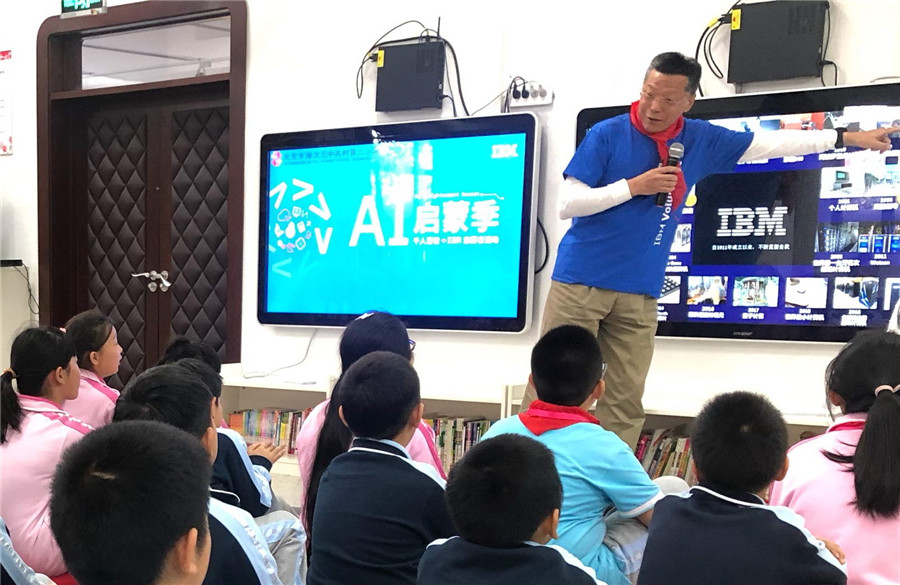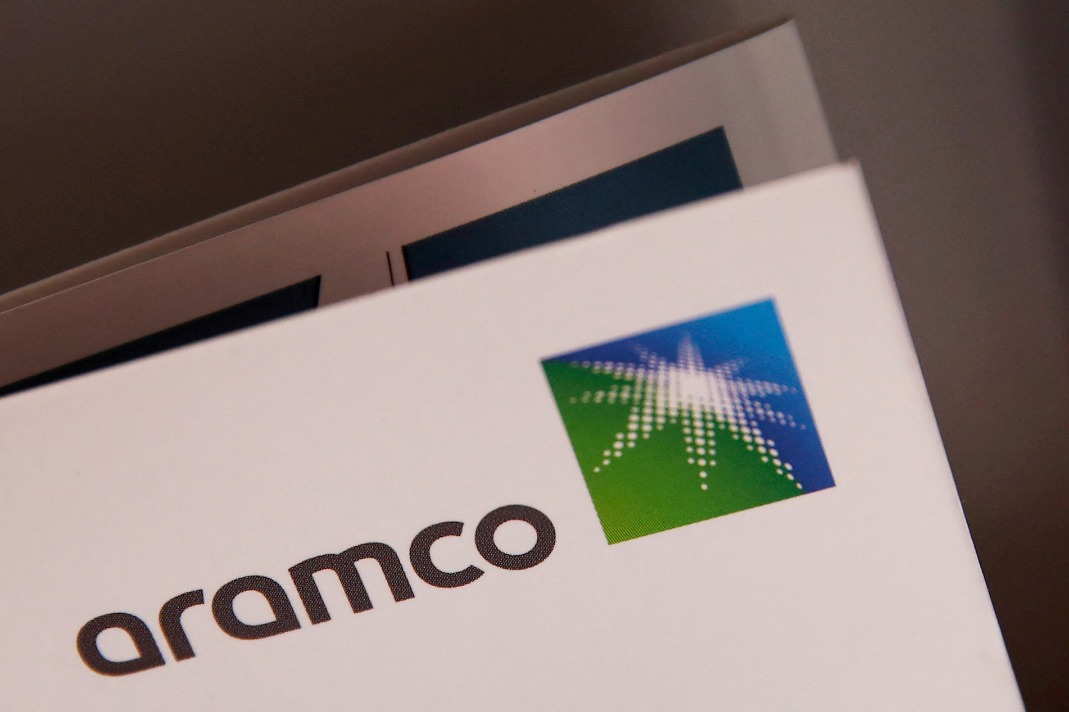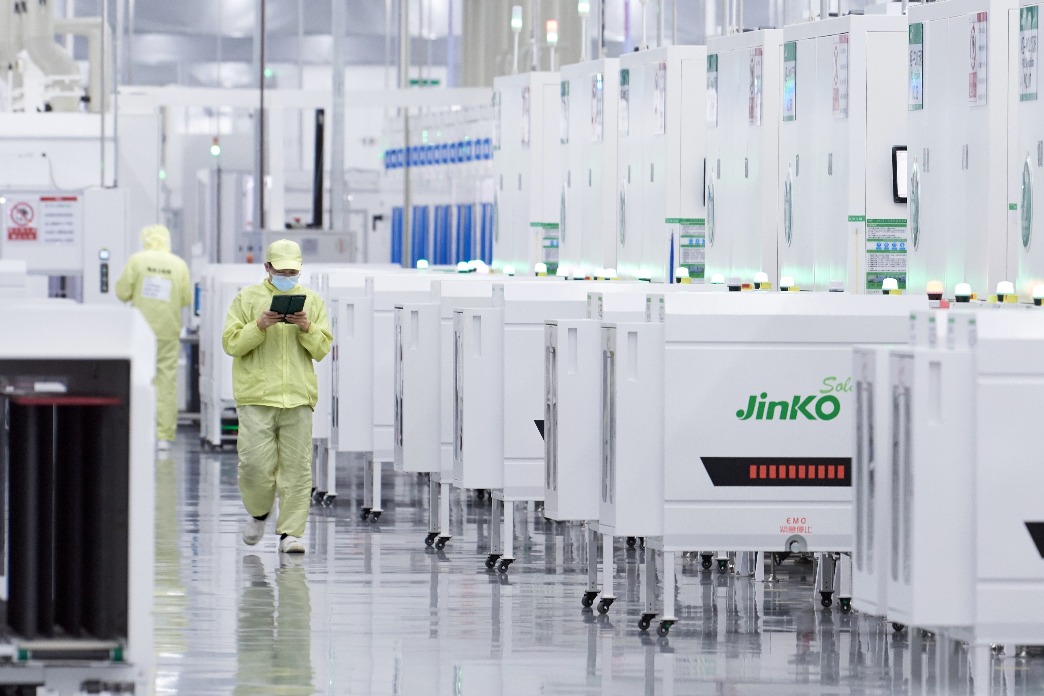AI gaining ground with more parents for early stage education


On a typical Saturday afternoon, Li Nan, a 38-year-old housewife, is busy taking her son for extracurricular lessons at a school in Beijing's Haidian district. There is a difference though. Rather than the Maths Olympiad courses one would typically expect, her son is busy attending a robot programming class.
"My eight-year-old son has been taking this class for two years. Kids are taught how to program and design their own robots. I think it is necessary to expose my kid to some artificial intelligence enlightenment courses at this age," she said.
By 2020, China's AI market is expected to reach 99 billion yuan ($14.1 billion), and penetrate all age groups, said a recent report. The report, issued by the Shenzhen Artificial Intelligence Industry Association, showed that China's AI market is growing on a yearly basis, with a compound annual growth rate of 54.6 percent during the past three years, surpassing the global level of 36 percent.
The popularity of the sector is reflected in its growing choice for early stage education. In July 2017, the State Council issued an action plan for the setting up of AI courses in elementary and secondary schools. Currently, key elementary and secondary schools are all promoting AI labs and programming labs.
Last year, China's first middle school textbook on AI was introduced. Currently, 40 schools in China have adopted the textbook, becoming the first batch of AI education pilot schools.
Sun Chuang, a teacher from the STEAM (science, technology, engineering, arts and mathematics) teaching and research group at the Beijing National Day School, said: "Education is a systematic project, and so is the process of cultivating talents. Therefore, it is necessary to include AI education courses into primary education."
Industry experts said that with the rapid development of AI, uncertainties about the future have aroused parents' anxiety. Parents make their kids learn various courses at a very young age, so that kids can be fully equipped to cope with a constantly changing future. Therefore, the current AI education tends to be focused at the lower ages.
With the government's favorable policies and rising market demand, AI education has the most potential after Maths Olympiad education and English education, they said.
According to a recent report by a research institution on the robot industry, China's STEAM education market in 2018 achieved revenue of 27 billion yuan, and the future market growth will be mainly driven by the increase in market penetration rate.
A 1-percent increase in the penetration rate will result in increased market space of nearly 15 billion yuan.
"There is a huge growth potential in China's STEAM education market, and the penetration rate in the sector is set to grow constantly. The government's favorable policies will promote the transition from examination-oriented education to quality education," said the report.
Enterprises are stepping up efforts to meet market demands. On Oct 16, United States-based high-tech company IBM launched a volunteer activity in Beijing, encouraging its employees to teach STEM courses in primary and secondary schools of China.
According to the company, during the current fall semester, IBM employees are giving STEM lectures to 50,000 students nationwide in cities such as Beijing, Shenyang, Guangzhou and Shenzhen in Guangdong province, Shanghai, Chengdu, Xi'an, Wuhan and Fuzhou.
"Based on the characteristics of Chinese students' education, scientists from IBM have developed a set of AI enlightenment courses, including AI introduction, design thinking, engineering, digital intelligence, and agile practices. Schools can select several courses according to their own teaching plans, as a supplement to school-based curriculum," said Chen Liming, president of IBM China.
"We are glad to walk into the schoolyard to think about future technologies with kids. We hope that they can have a correct understanding of AI at an early age, so that in the future, they can create a better life," he said.




































